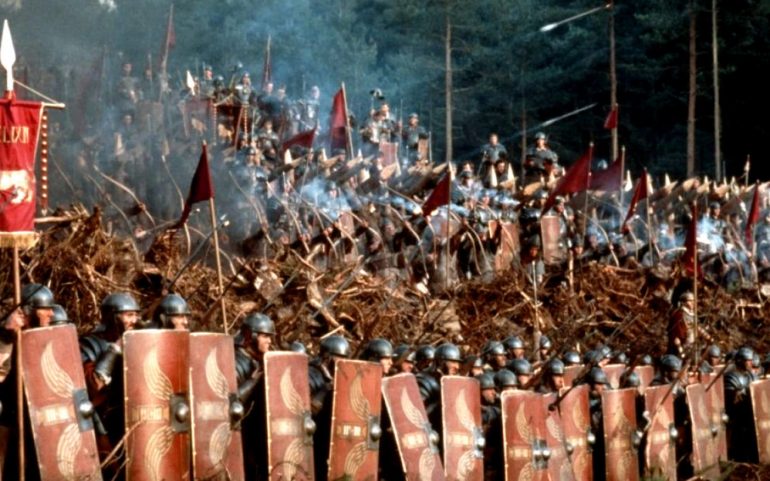Lycaena breastfed Romulus and Romeo, the twin founders of Rome, who set in 750 BC. the foundations of a humble city on the banks of the Tiber.
Until the 3rd century BC, the once tiny hamlet had conquered most of the Italian peninsula and was now on his way to building his own empire in the Mediterranean basin!
But what was it that transformed a small city-state into a regional power initially and a mighty empire later? It was only diplomatic victories, political strategies and cultural exchanges that brought Rome to its throne. Mediterranean;
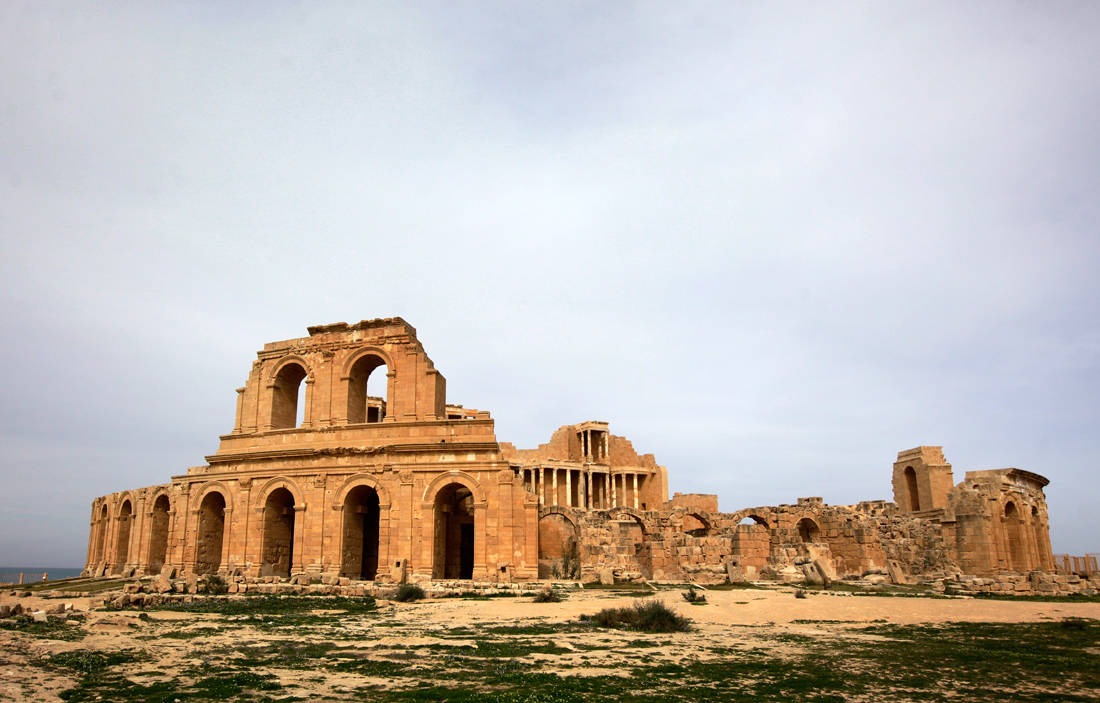
And if we are to look back to the early days of Rome, then one must also speak of Roman democracy and the Roman Empire, as both took bold steps forward and established Roman peace, Latin sovereignty over the territories around the Mediterranean. in brief.
But there is something else to be said, that Rome was once just another city-state of the region, very similar to the fragmented political architecture of the Greek world. The Latins fought with each other in the same way they did Hellenes and with the same weapons, having both hoplites and phalanxes.
Many historians even liken Rome, ultimately the most powerful city-state of the Italian peninsula, to Athens, a Eclatinized Athens. So how did a group of people who relied on agriculture manage to live and with constant wars between them to build one of the largest and most glorious empires in human history, as Titus Livius characteristically wonders in his monumental chronicle of Rome?
Rome, unlike its Greek counterparts, managed to enslave rival city-states until the middle of the 4th century BC. and unite the populations under its common flag. With obviously expansive dispositions and a well-tuned military machine, he targeted the neighboring cultures of Italy (Etruscans, Samnites, etc.).
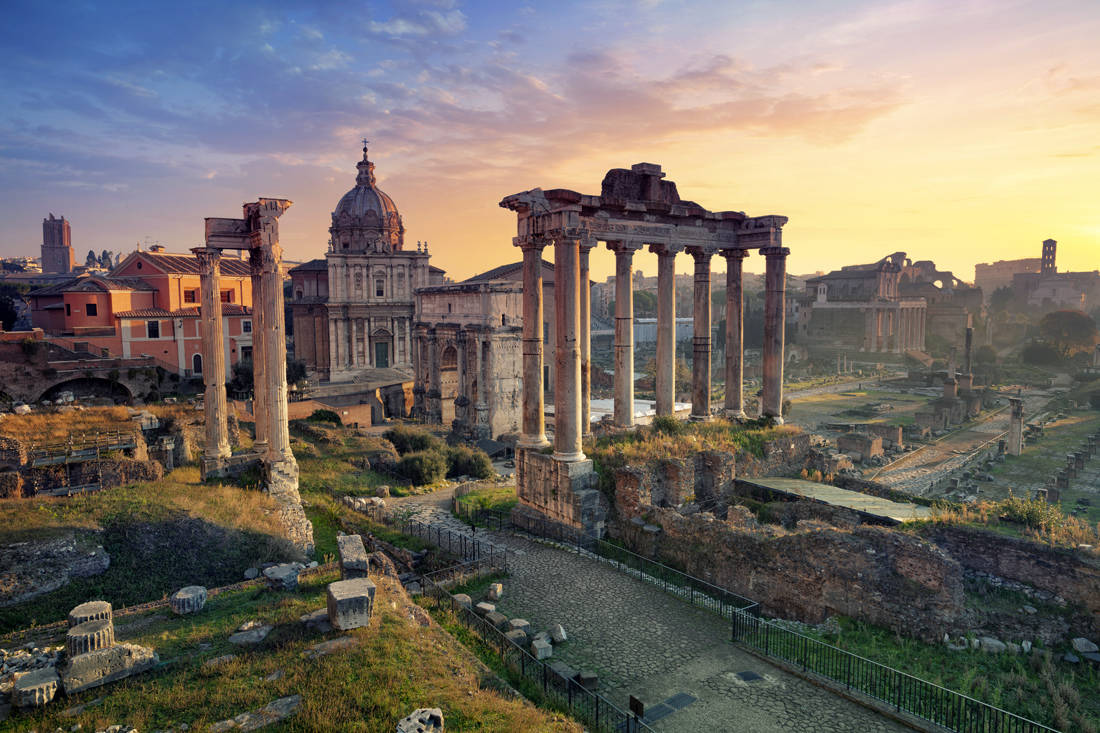
Rome did not want to live peacefully with its neighbors and develop trade and cultural relations. But again it is not clear why, nor how he managed to persuade the poor peasant masses to accept the compulsory conscription initiated by the aristocratic Senate.
Roman aggression and imperialism were simply the result of the excessive ambition of its leaders. democracy; Or had all these years of devastating wars of the Italian tribes established mistrust and only with the persuasion of arms could they cooperate?
The story of the birth of the almighty Rome remains one of the most persistent historical challenges…
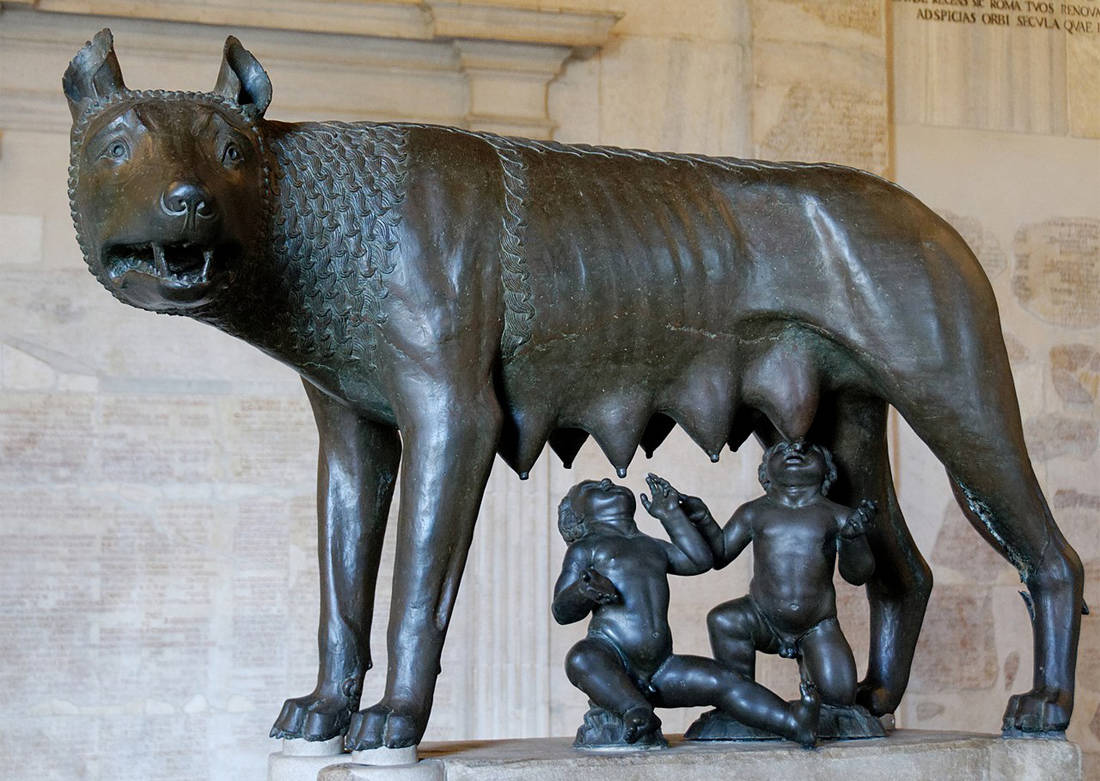
According to Roman mythology, Rome was founded by two twin brothers, Romulus and Romeo, children of the god Mars, who were left in a basket on the Tiber to drown, but were saved by a wolf (and a woodpecker). When they grew up, they avenged Numitora, king of Alba Longa, and finally founded their own city on the river in 753 BC.
Romulus killed after Rome and became the first king of Rome, followed by a series of Latino, Sabine and Etruscan kings without succession.
This is how things went in the Kingdom of Rome until 509 BC, when the aristocracy and the common people overthrew the tyrannical seventh king Tarkinio the Proud and turned the city-state into a democracy.
The transformation of the state and the complex social classifications laid the foundations of an unprecedented development of the city-state…
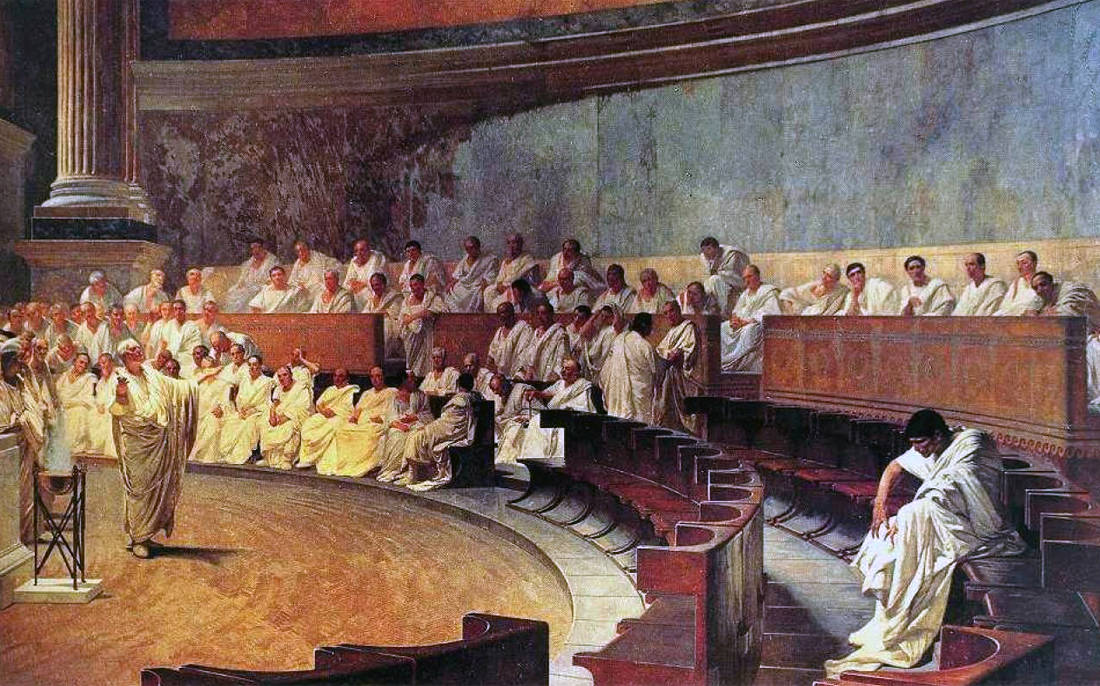
The power of the king thus passed into the hands of two supreme lords (superiors), who were elected every year by the people, but arose from the aristocratic Senate. Despite the fact that the Greek historian Polybius admired the stability of the Roman state, this first period of democracy was characterized by great fermentations between patricians and plebeians and brave redistributions of power. Only it was not stable.
A great moment in the democratic constitution of Rome was in 450 BC, when the plebeians succeeded in officially recording the Law and exposing it to public view in the Roman Agora, a Law that until then was oral and in the hands of the patricians. This early constitution defined and clarified legal procedures, social rights and property titles, being the very basis for the great later Roman penal system.
The real power, however, remained in the hands of the aristocracy Senate, which in 300 BC. but it also accepted in its ranks plebeians who had become rich. The Plebeians eventually acquired their own institution, the popular assemblies and the mayors, although again the aristocratic Roman republic had little in common with the direct democracy of the Athenians.
The regime was more oligarchic than democratic in the sense of the Greeks. The Roman Republic, however, was influenced in all its manifestations by the city-states of Greater Greece, both executive and organizational.
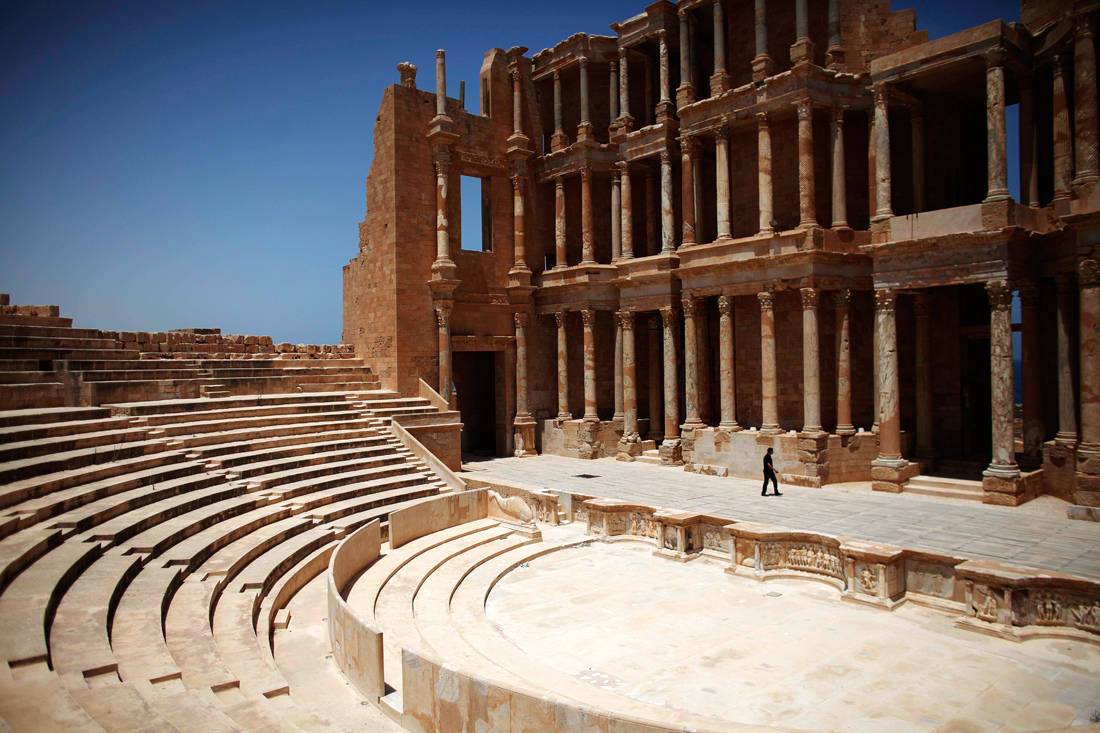
But the democratic period of Rome did something else: it gave an exponential impetus to the city-state in terms of both size and power. Its immediate neighbors were either Latin cities and villages or the considerable Savines from the Apennines, whom Rome defeated one after the other on the battlefield.
Even cities attached to the Etruscan chariot were subjugated by the Romans at this time, with a series of triumphant wars taking place in 496 BC, 477 BC, 458 BC. and 446 BC. Result; Rome conquered its Latin and Etruscan neighbors and secured its leading position in Italy from the threat of the nearby mountain tribes of the Apennines.
Although the Gauls They plundered and burned Rome in 387 BC, putting an unexpected end to this conquests of the period, the Romans regrouped and counterattacked.
Under the leadership of the great military and politician Marcus Furius Camillus, the "second founder of Rome" as it is typically mentioned, the city-state engaged in an unprecedented imperialist campaign in the surrounding areas, having until 264 BC. the whole Italian peninsula in her hands!
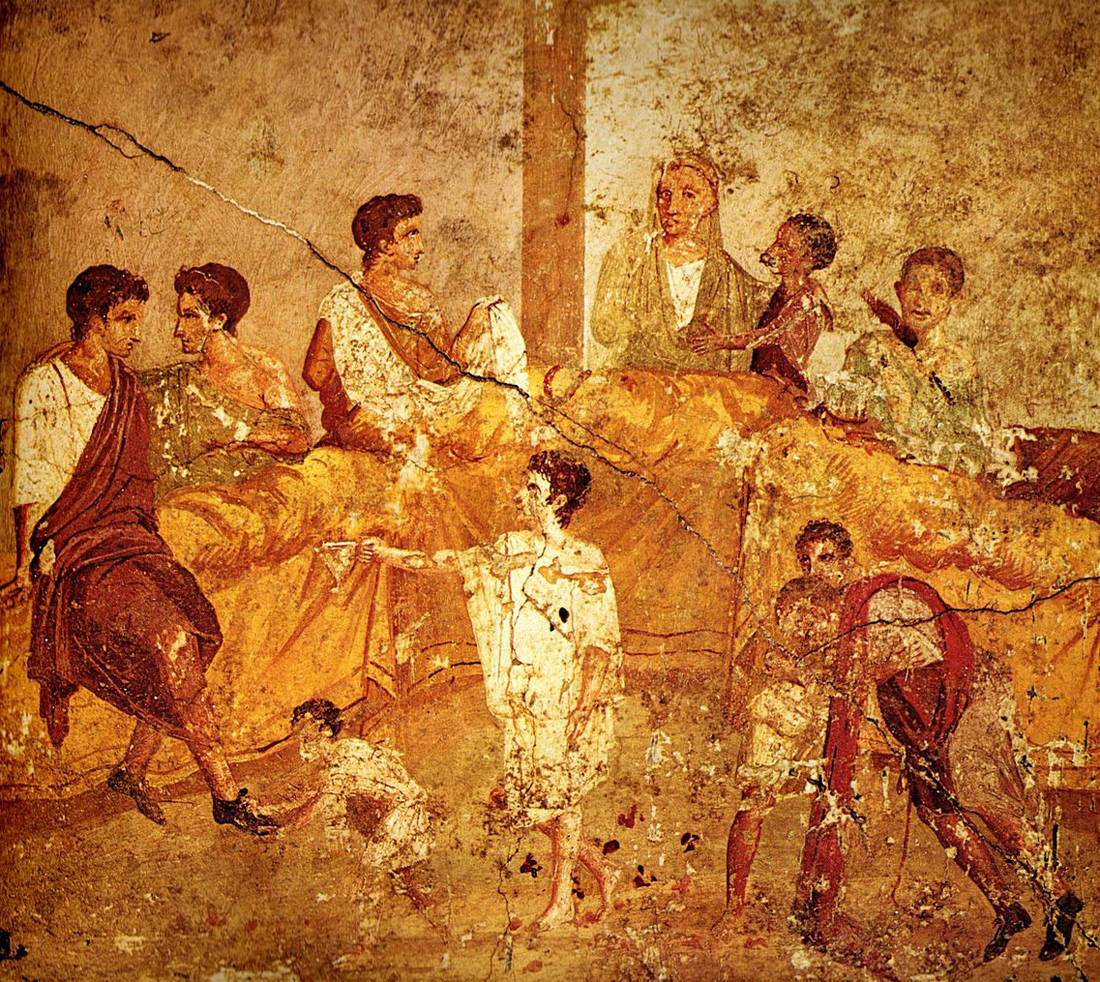
Within a century, Rome was rebuilt by barbaric catastrophe and became a regional power in the Mediterranean. From 343-341 BC, the Romans defeated the Samnites in two decisive battles and responded equally decisively to the Latin coalition that moved against them (340-338 BC), subduing all the surrounding Latin tribes.
In 327 BC. it was the turn of the Samnites, who by the end of the century would also declare their submission to the Roman yoke. Most of their territory had passed into the mighty city-state. In 282 BC. Rome was left alive by the Etruscans and was now a viable adversary in the Mediterranean. Although he had not yet faced the great players of the region, Greeks and Carthaginians.
With the latter he would do so in a series of two wars, which would give Rome all of Sicily, the western Mediterranean and most of Spain. With the Third Carthaginian War in the middle of the 2nd century BC, the Romans would conquer coveted Carthage, selling as slaves those who survived. A good part of North Africa was now a Roman province.
Returning to 280 BC, the Romans and the political-military conjunctures of the period repulsed the attack of Pyrrhus of Epirus and in 272 BC. and the last independent city of Sicily (Taranto) fell into their hands, giving them a global military response.
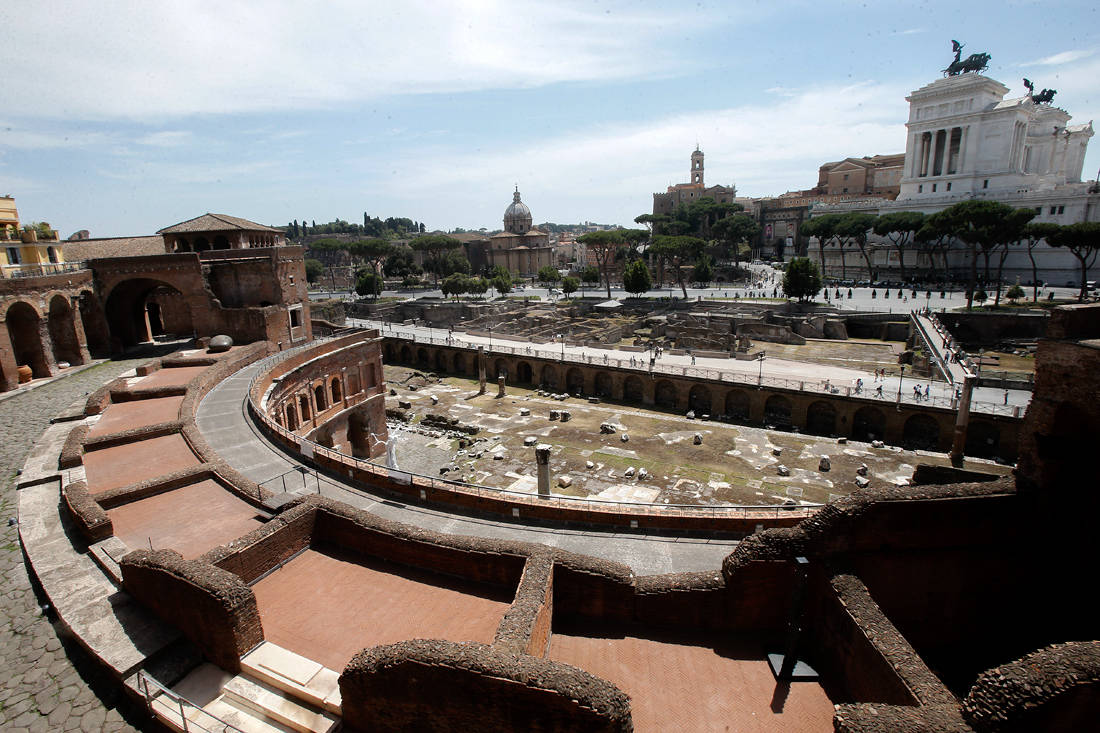
It was the turn now (200 BC) of the spread to the east and the Macedonians, whom they defeated in a series of battles and finally annexed their lands to the Roman peace, taking advantage of the complicated state of succession left by his death. Of Alexander the Great and the opponents of his successors.
Between 172-146 BC, the Romans would gradually conquer the territories of mainland Greece, defeating the Macedonians in a series of four wars. Characteristic of their successful two-sided struggle was the fact that in 146 BC, the same year with the destruction of Carthage, the Romans besieged and destroyed Corinth, forcing the son of Philip V and the entire Achaean Confederation to surrender. The Greek resistance is now a thing of the past.
Their emphatic military campaigns, of course, had a side benefit, their social and cultural development from contact with other peoples, especially the most advanced Greeks. It is no coincidence that Roman literature first appeared around 240 BC. and were nothing but Latin translations of classical Greek epics. Soon Greek art, philosophy and religion would be Roman…
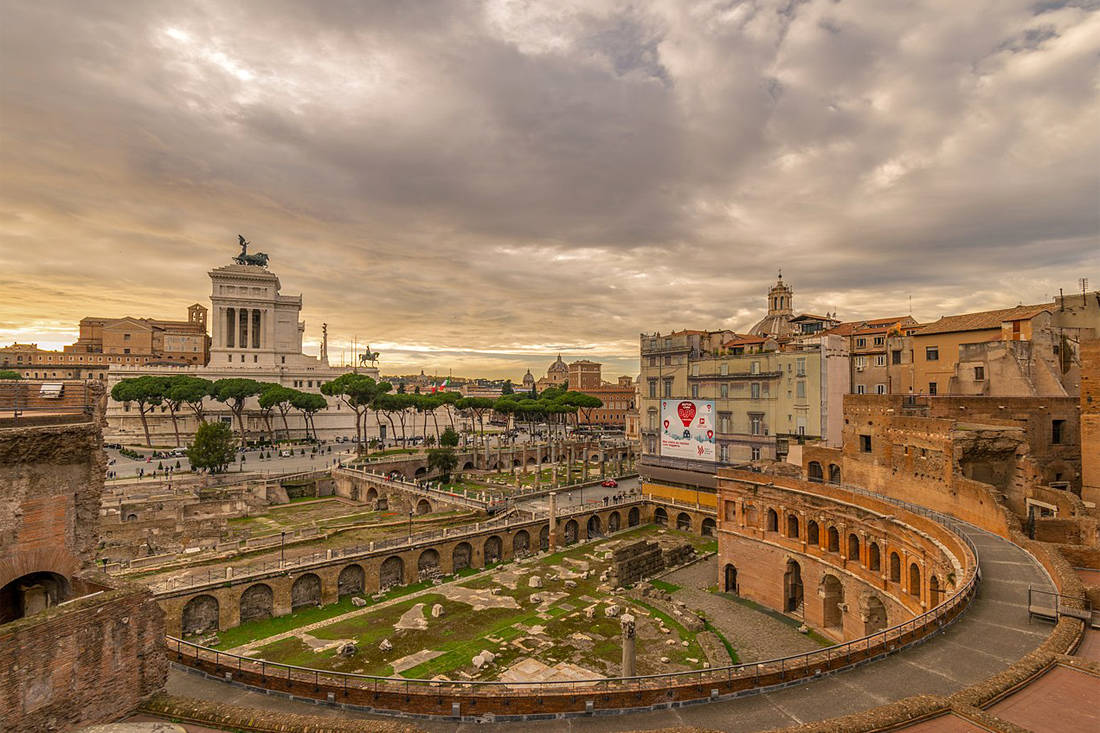
Although the great territorial annexations of the Mediterranean, Eurasia, and Africa, and Roman grandeur, are mainly associated with the Roman imperial period (27 BC - 285 AD), Rome became Rome in its democratic years. (509-27 BC).
It was during these 3 centuries that Rome's control and influence gained global status, speaking of proper hegemony at the ends of the Mediterranean world. The period of democracy collapsed under the weight of new acquisitions and rapid expansion, when it became clear that the gap between rich and poor could not be closed, but that access to power was the exclusive prerogative of the few and the elite.
Every reform effort ended with the assassination of the visionary Democrat (such as the high Tiberius Sempronius Gracchus in 133 BC and the mayor brother of Gaius Sembronius Gracchus in 122 BC), leaving room for other types of ambitions. The age of Caesar had emerged.
After the period of civil strife (80-37 BC) and its emergence and murder Julius CaesarOctavian will emerge victorious in this turbulent climate, to whom the Senate will delegate increased powers in 27 BC, transforming him into the first emperor of Rome, the first Roman emperor.
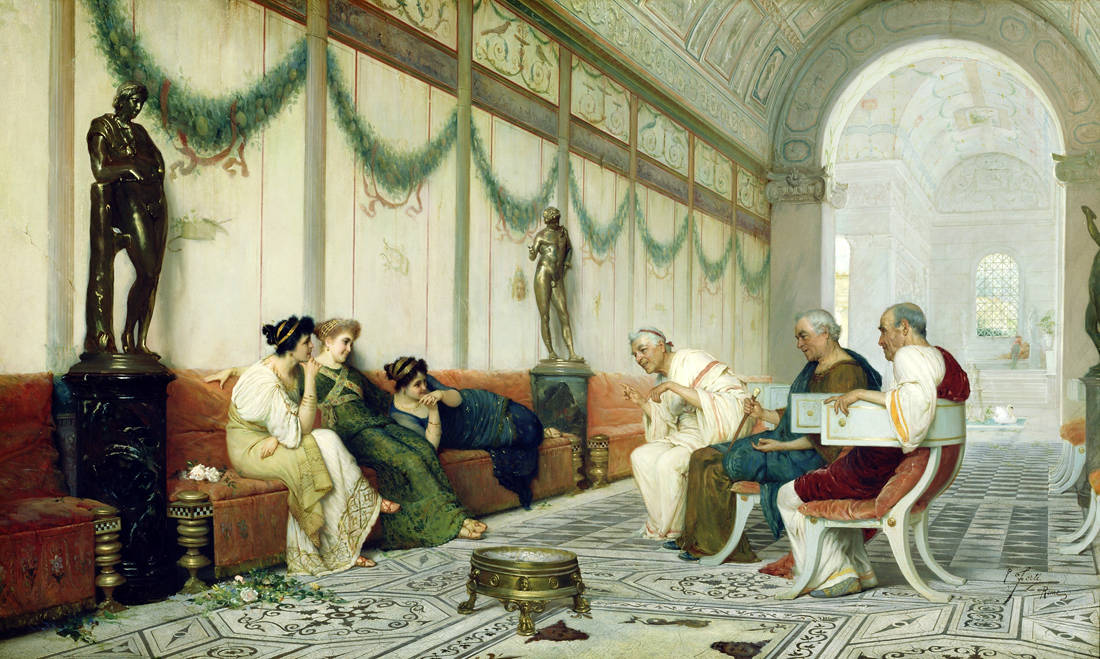
Three centuries later, it was again the imperial system that brought Rome to its knees, ending in its decline and decline. Rome eventually collapsed under the disproportionate weight of its vast empire, losing one province after another.
In September 476 AD, the German prince and leader of the barbaric mercenaries of Rome, Odoacer, gained control of the Roman army of Italy, ending the empire ingloriously. After expelling the weakened emperor Romulus Augustus, his troops proclaim him king of Italy.
Only the famous Rome, with its rich democratic and imperial history, no longer exists. It disappeared in the same way it emerged, one of the most dramatic in the history of human civilization…
